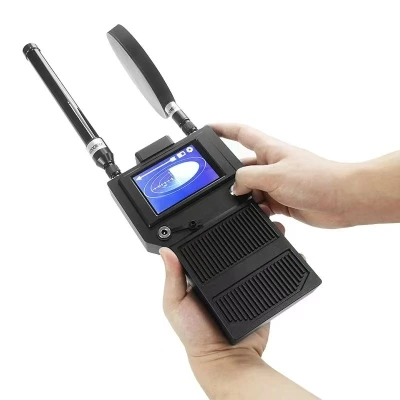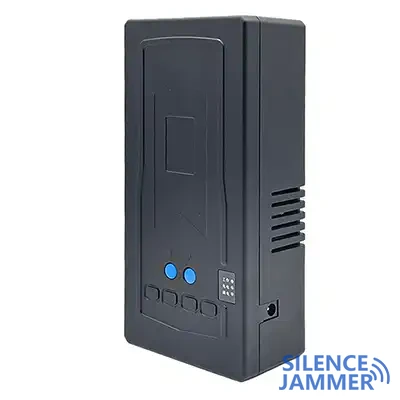Peshawar and its surrounding areas have long been plagued by terrorist attacks, especially attacks using improvised explosive devices (IEDs). As terrorist activities have become more covert and sophisticated, terrorists have constantly adapted their modus operandi to overcome security agencies’ protective measures.cell phone jammer Initially, terrorists relied on radio signals to remotely detonate IEDs, prompting the Khyber Pakhtunkhwa (KP) Police Department to take steps to equip its patrol vehicles with radio frequency jammers. These jammers effectively reduced the success rate of roadside bomb attacks by jamming radio signals. signal jammer However, terrorists soon adjusted their tactics and began using GSM signals, which are more difficult to jam, to trigger IEDs, forcing the police to rethink their defensive tools.
Limitations of Radio Frequency Jammers
RF jammers are seen as an effective means of preventing radio-controlled bomb attacks. Since the police began installing such devices on patrol vehicles, many roadside bomb attacks have been successfully prevented. GPS jammer However, terrorists soon realized this and switched to using more sophisticated GSM signals to detonate IEDs. "These terrorists are very smart and they know that we use RF jammers in our vehicles. So they are now using mobile phone signals as triggers instead," a Peshawar police officer revealed. Wifi jammer This strategic shift poses a new challenge to the police because standard RF jammers cannot block GSM signals, which allows terrorists to continue to use mobile phones to remotely detonate bombs.
Necessity of GSM Jammers
Faced with the evolution of terrorist tactics, the Peshawar police realized that RF jammers alone can no longer fully deal with the current threat. More advanced equipment, such as GSM jammers, are needed to block mobile phone signals and prevent bombs from being detonated through GSM networks. This need was particularly evident in a recent attack. When a truck belonging to the Counter-Terrorism Department (CTD) was hit by a roadside improvised explosive device near the Ulma School, although no one in the car was injured, the incident once again highlighted the limitations of existing jammers.

Complications in the security situation
Recently, terrorists have launched a series of attacks against police and local residents in the Duazai area, further illustrating the severity of the current security situation. An official revealed that the terrorists had placed two IEDs on the road leading to the school and attacked a family member who was arriving in a jeep, mistaking him for a police officer. Fortunately, the driver of the jeep survived, but when the police team rushed to the scene, they were also hit by an IED. Fortunately, the patrol car was equipped with a radio frequency jammer, so the police officers survived.
However, these incidents also exposed another problem faced by the police: while changing their tactics, terrorists not only used GSM signals to detonate bombs, but also participated in more complex infighting among radical groups. In particular, terrorists associated with the Islamic State (ISIS) began to target supporters and members of the Afghan Taliban. This internal division made the security situation in Peshawar and its surrounding areas more complex and unpredictable.

Challenges of introducing GSM jammers
Although the police urgently need GSM jammers, there are many challenges in using these devices in practice. First, the use of GSM jammers will not only block the terrorists' mobile phone signals, but also affect the police's own communication capabilities. In modern police work, mobile phones have become as important as radios in communication tools, especially in emergency situations. In this regard, a police officer said: "After being equipped with a GSM jammer, the police officers in the car cannot use their mobile phones, which is very inconvenient in emergency situations."
Despite these operational challenges, the police still believe that GSM jammers are a necessary tool to deal with current threats. Some police officers even purchase these devices from the market at their own expense to enhance their own security protection capabilities. It is revealed that the price of portable GSM jammers in the markets of Karachi and Lahore is only 10,000 rupees, which makes personal or small-scale purchases possible.
Posted
Sep 15 2024, 11:49 PM
by
jammerspecialist